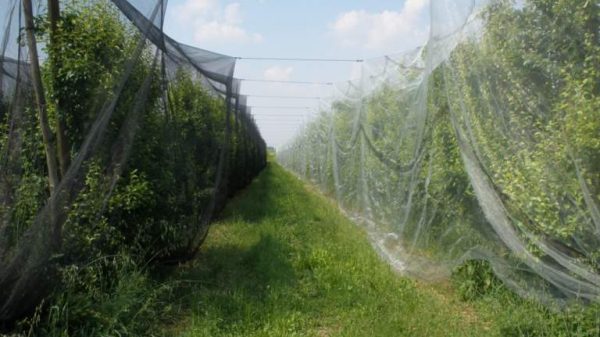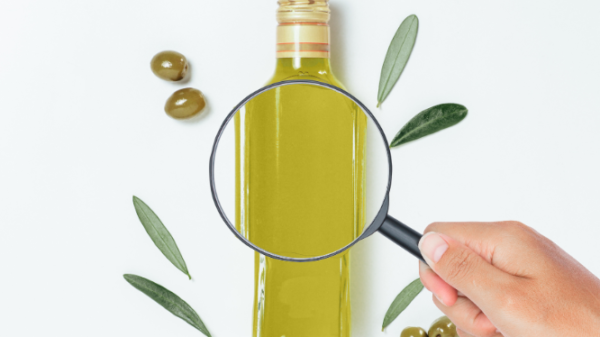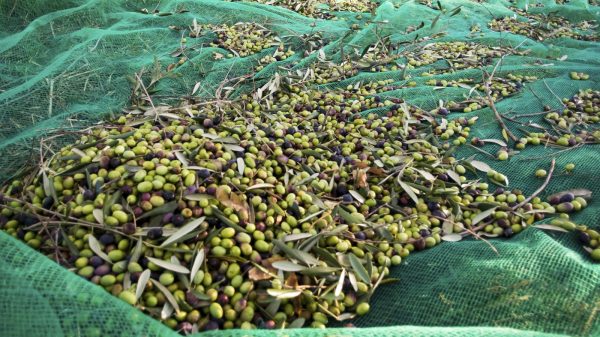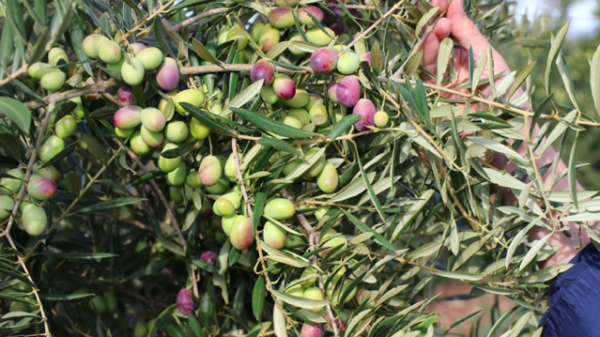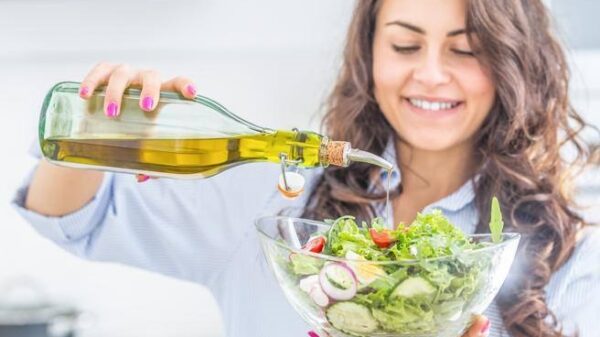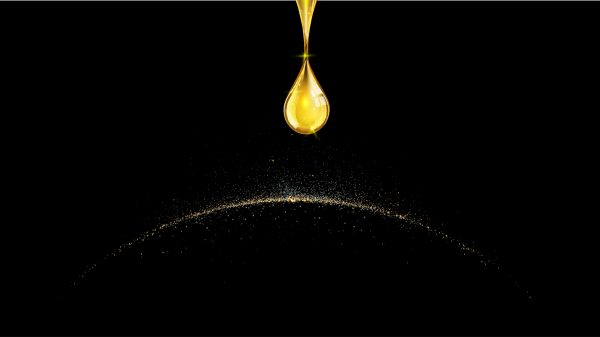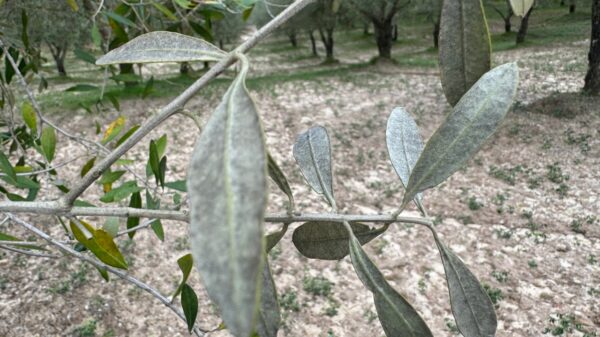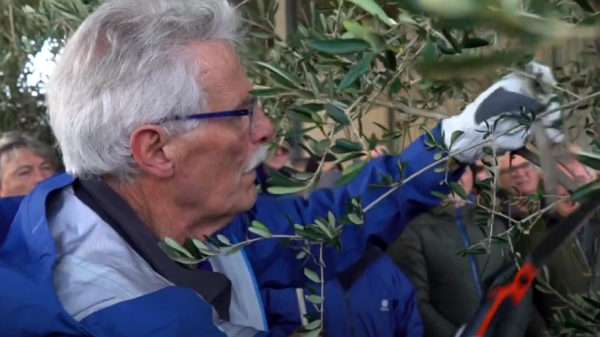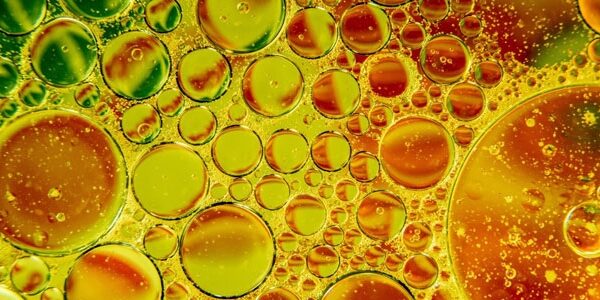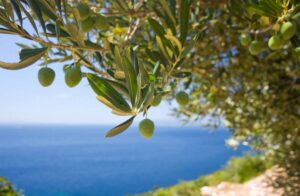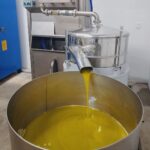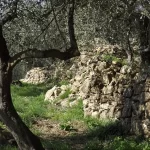 The process of flower differentiation in fruit plants it is a complex phenomenon, controlled by transcription factors encoded by a vast family of genes. In the olive tree the period of transition and, therefore, of flower differentiation of the buds occurs at the end of winter.
The process of flower differentiation in fruit plants it is a complex phenomenon, controlled by transcription factors encoded by a vast family of genes. In the olive tree the period of transition and, therefore, of flower differentiation of the buds occurs at the end of winter.
Temperatures, light, nutrition and hormones they affect the physiological and biochemical processes underlying the complex inductive phenomena that occur in gems.
Rarely the potassium it is indicated as a factor involved in the formation of flower buds and in fruit set processes. Generally its biochemical functions are those related to chlorophyll photosynthesis, protein synthesis, enzymatic activation, etc.
Spanish jobs, quite dated (F. Gonzales Garcia, 1982), had studied the possible role of potassium in the olive flower differentiation process.
Its indirect action would be linked to interactions with the metabolism of auxins and to the acids phenolics. In the period of flower differentiation, auxins have inhibitory power as they seem to reduce the penetration of phosphorus (a fundamental element for flower formation processes) inside the cell.
Some studies have verified that the presence of certain phenolic acids, at adequate concentrations, induces the production of some enzymes (IAA-oxidase) that degrade auxins. Potassium stimulates the production of these particular phenolic acids capable of "inhibiting" the harmful action of auxins in the period of differentiation. Subsequently, however, in the phases of pollination and fertilization these hormones are useful again.
Experimental tests have verified that trees in the "reproductive" cycle have a high potassium content, which corresponds to high concentrations of phenolic acids and low auxins. It all proves a probable relationship between potassium-auxins and flower differentiation in the olive tree, with possible relationships between the considerable requests from the fruit in the productive years and possible shortages in the following years of low production.
Very productive years require a lot of potassium for the enlargement of the drupes and the synthesis of the oil; in the next cycle, if the element is not "returned" to the plants, there can be low differentiation due to the interactions described above POTASSIUM / PHENOLIC ACIDS / AUXINS
Accademico dei Georgofili, of the National Academy of Agriculture
and of the National Academy of Olives and Oil

